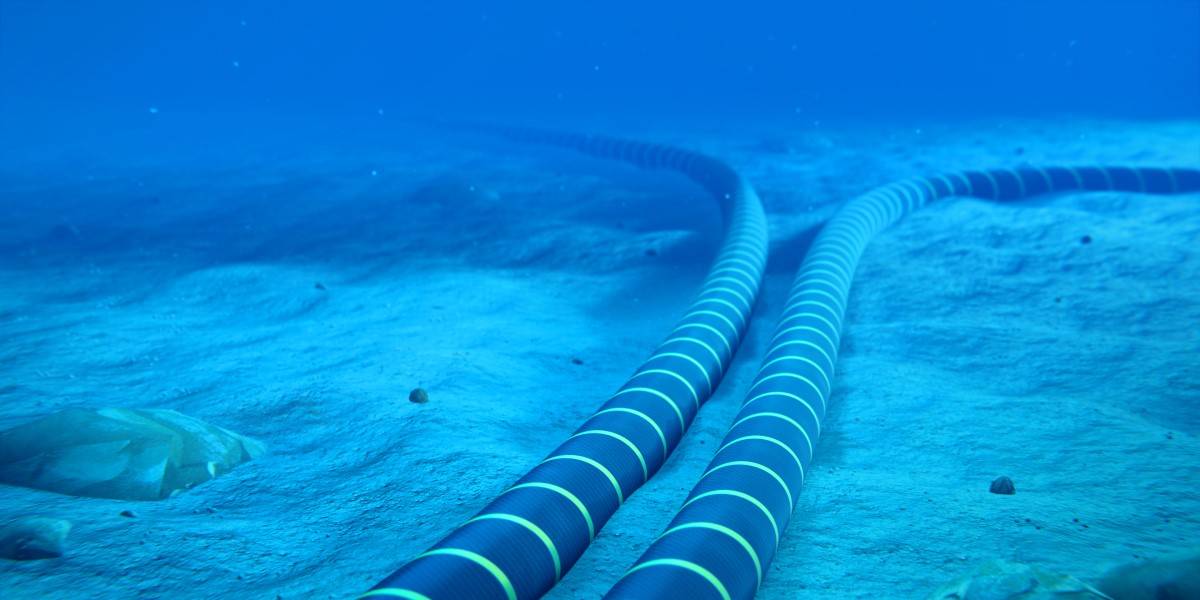There’s only one country who has been running around doing this the past two decades. They’ve been confirmed to be in these areas, AND they have the capability.
Ladies and Gentlemen…RUSSIA!
You sad ass pieces of shit.
To be honest I’d be surprised if this was Russia. It’s certainly not outside of Russia’s capabilities, but at the end of the day they’re just cables. Plenty of the Red Sea is right next to Houthi-controlled territory and not all that deep. Something like this is commercially available and easily capable of reaching the floor of the area near the Bab el-Mandeb that any cables from Europe to East Asia have to go through
I mean depending on how deep they are they wouldn’t even really need that. I imagine you could just drop an anchor and drag it.
Can’t you just drop a small anchor (on a decently large ship) and drag it along the sea floor? This type of attack doesn’t submarines.
You mean, like that time they blew up their own pipeline? Oh wait…
And the Vietnamese internet sharks.
Is there additional reading I can do on the topic? I’ve googled but found nothing but concerns from Nato officials that Russia could engage in seabed sabotage. This comment is universally praised so I guess it’s some universal knowledge I missed. What are some instances when they did it?
I had the same thing happen to my internet cables but it was the cat.
Cat5?
Cat9
Maybe cat8 the cable.
Why was six afraid of seven?
Because seven was a registered six offender.
Holy new version batman
Read that in Rhys Darby’s voice by the end.
A nice picture of the cable paths with this article from 2015.
Interactive: https://www.submarinecablemap.com/
I’ve had it with these god damned sharks attacking my god damned internet cables
What’s funny is, sharks legitimately attack these kinds of cables regularly. They need to be adequately shielded to prevent shark attacks.
As they say, you’re more likely to get struck by lightning than attacked by a shark(unless you’re an Internet cable)
This is the best summary I could come up with:
At least 15 submarine cables pass through the Bab al-Mandab Strait at the southern end of the Red Sea, a body of water just 26km wide at some points.
“The location of the cable break is significant due to its geopolitical sensitivity and ongoing tensions, making it a challenging environment for maintenance and repair operations,” Seacom said.
Globes attributed the outages to the Iran-backed Houthis, and alleged the damage was “significant, but not critical,” because several other undersea cables serve the region.
Peripheral vendor Logitech recently warned its supply chain would experience delays as a result of the Red Sea conflict.
While it’s not clear what’s exactly going on with subsea internet cables in the Red Sea right now, pinning blame on the Houthis isn’t entirely out of left field - the Yemeni rebels threatened to damage comms infrastructure late in 2023.
Rear Admiral John Gower, a former Royal Navy submarine commander, told the BBC earlier this month that it would take a more sophisticated force than the Houthis, someone with submersibles capable of locating the cables to do the deed.
The original article contains 667 words, the summary contains 181 words. Saved 73%. I’m a bot and I’m open source!
jokes on you i almost always use wireless 🕶️
this what happened to AT&T?
They had a bad update: https://abcnews.go.com/US/att-outage-impacting-us-customers-company/story?id=107440297






